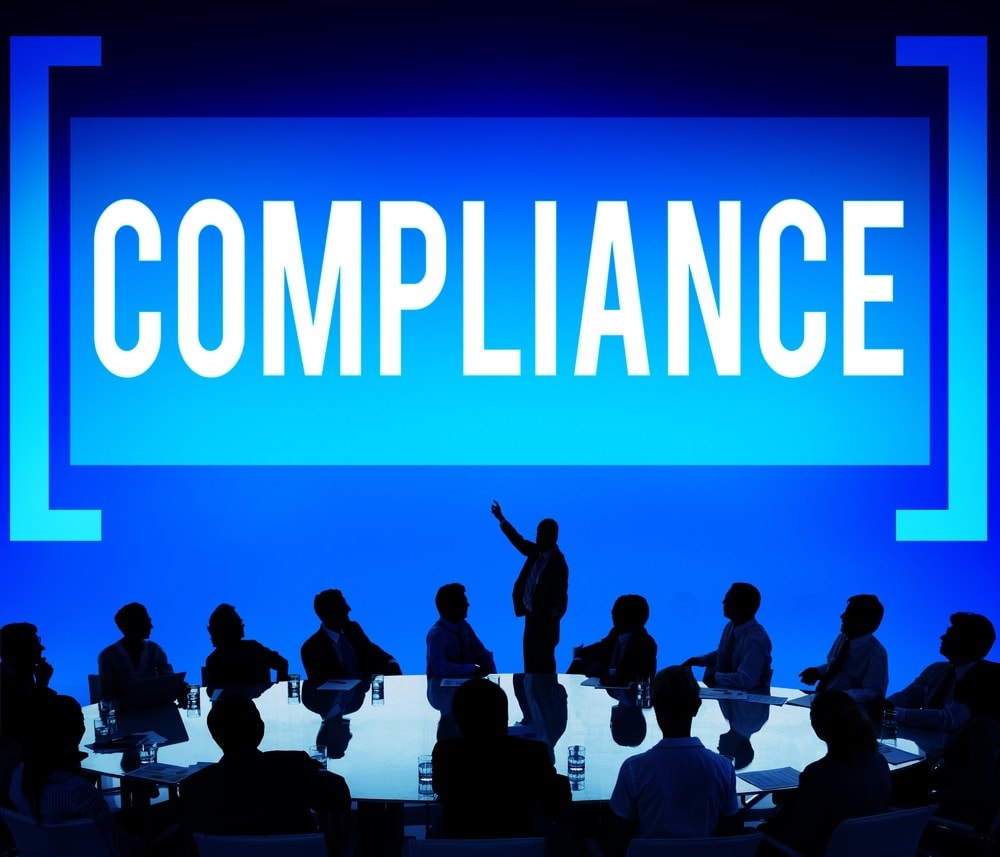This article was republished with permission from Michael Volkov’s blog, Corruption, Crime & Compliance.
CCOs face many challenges in their jobs. One area that is difficult but usually can be solved with common sense is where to draw the line on attorney-client privilege issues.
As a practicing attorney, I can attest to the importance of the attorney-client privilege. It is a principle that is critical to the functioning of a corporation or any other organization. Communications for the purpose of seeking legal advice or administering legal advice are privileged. These types of communications are critical to a company’s ability to ensure compliance by a company’s actors, to unearth possible legal violations, to stop such conduct and to remediate such conduct.
In the absence of an available and robust attorney-client privilege, a company’s ability to police itself is significantly diminished.
CCOs know the importance of the attorney-client privilege. On occasion, CCOs and Chief Legal Officers may have difficulty in drawing lines on where the privilege should apply.
A compliance program requires transparency, communications and accountability. A proactive compliance program requires references to historical incidents to reinforce some of the positive messages built around compliance and the importance of adherence to the company’s code of conduct and its policies and procedures. In communicating within the company, a CCO has the need to reinforce positive and deterrent messages to its officers, managers and employees.
A Chief Legal Officer does not share the same commitment to transparency and communications. While corporate actors have to be held accountable, attorneys often want to address these issues under the cloak of privacy between the organization and the specific individual. An employee may be disciplined or fired depending on the level of misconduct. To protect the employee’s privacy, the legal investigation and discipline will be conducted under a privilege.
A more significant example is when the company faces a major investigation over foreign bribery or other serious misconduct, when the government may launch its own investigation of the company. In these circumstances, the company’s privilege is critical to determine the nature and extent of the violation(s), the responsible actors and the need to remediate the problem.
The range of attorney-client privilege issues is like a continuum of seriousness. On the one extreme are basic compliance functions such as risk assessments (which do not need to be completed under privilege), communications of policies and procedures and routine investigations; on the other extreme, a company faces a major government investigation relating to serious violation(s) of law.
A CCO has to communicate internally that a company maintains an effective internal investigation program, that it investigates such matters promptly and metes out discipline in a fair and equitable manner.
General descriptions of its internal investigation program are critical to establishing organizational justice within the company (so long as no part is singular in nature). Such disclosures do not constitute or even threaten a waiver of attorney-client privilege. Lawyers should neither block nor cry wolf when it comes to these disclosures.
On the other hand, CCOs and Chief Legal Officers have to coordinate the internal investigation program to ensure that attorney-client privilege is maintained in those investigations that are or may become serious to the company. One easy way to do so is to ensure that all investigations are authorized and carried out under the written authority of the Chief Legal Officer. In those cases where an investigation turns from routine to potentially serious, the direct involvement of attorneys in the investigation interviews may be warranted. In this area, CCOs and the Chief Legal Officer have to work together closely to ensure the company is appropriately protected.



 Michael Volkov is the CEO of The Volkov Law Group LLC, where he provides compliance, internal investigation and white collar defense services. He can be reached at
Michael Volkov is the CEO of The Volkov Law Group LLC, where he provides compliance, internal investigation and white collar defense services. He can be reached at 






